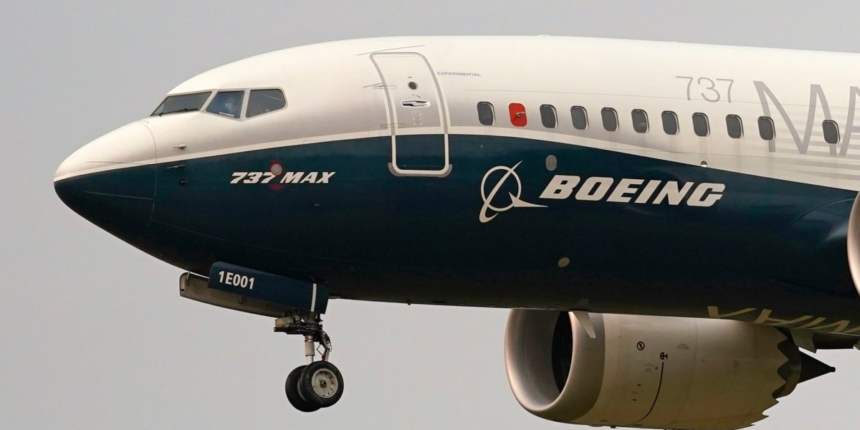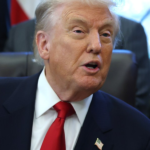O’Connor wrote Thursday that the deal “fails to secure the necessary accountability to ensure the safety of the flying public.”
Still, he said, the court can’t block the dismissal simply because it disagrees with the government’s view that the deal serves the public interest. The Justice Department has said a trial risks a jury verdict that spares Boeing from further punishment. The judge also said the government hadn’t acted in bad faith, had provided reasons for the dismissal and had met their obligations under the Crime Victims’ Rights Act.
The long-running case has taken many twists and turns since the Justice Department first charged Boeing in January 2021 with defrauding the U.S. government, including a failed deal that would have required the company to plead guilty. That plea agreement fell through after O’Connor did not approve it.
In a statement issued after the ruling, Boeing said they were committed to honoring their agreement with the Justice Department, as well as “continuing the significant efforts we have made as a company to strengthen our safety, quality, and compliance programs.”
The Justice Department has said the families of 110 crash victims either support resolving the case before it reaches trial or did not oppose the deal.
Meanwhile, nearly 100 families have opposed the agreement. More than a dozen relatives spoke at the Sept. 3 hearing, some of whom traveled to Texas from as far as Europe and Africa.
“Do not allow Boeing to buy its freedom,” said Catherine Berthet, who traveled from France to ask the judge to send the case to trial. Her daughter, Camille Geoffroy, died in the crash in Ethiopia.
But the Max did include significant changes, some of which Boeing downplayed — most notably, the addition of an automated flight-control system designed to help account for the plane’s larger engines. Boeing didn’t mention the system in airplane manuals, and most pilots didn’t know about it.
___









